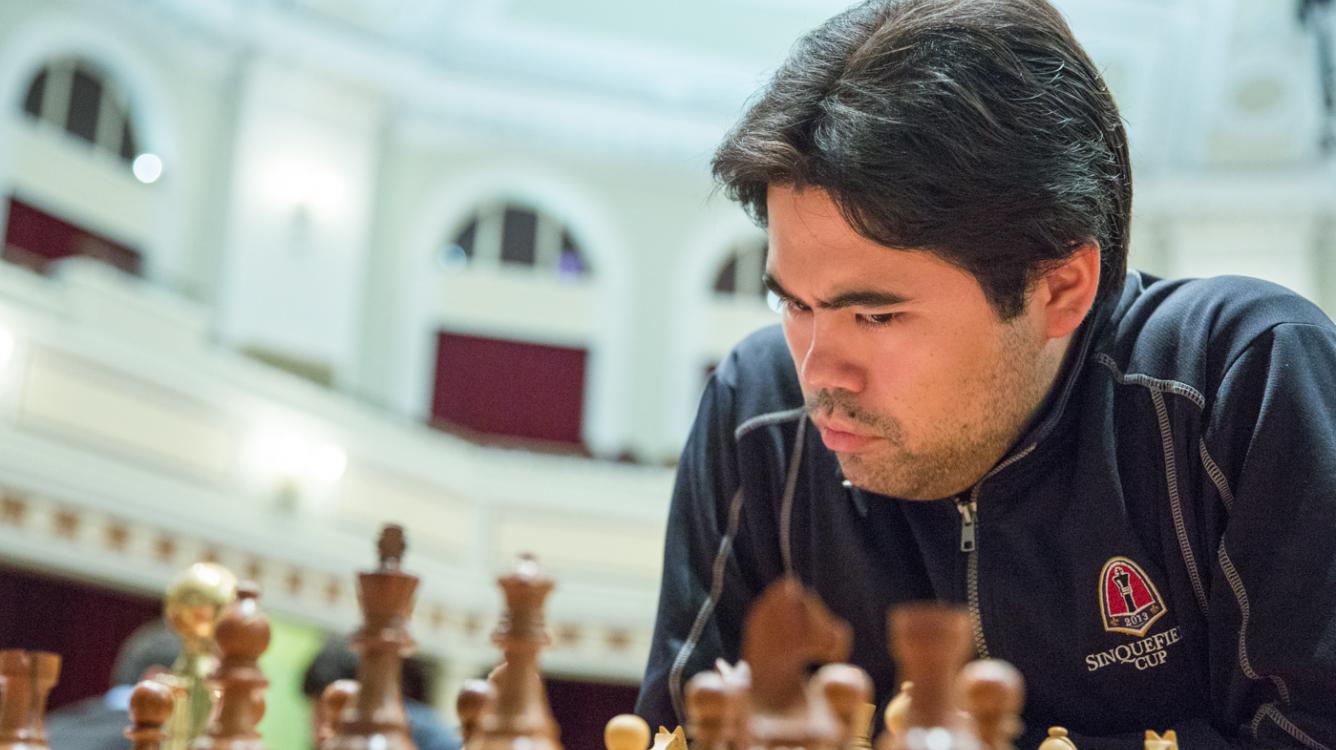
Why Do Grandmasters Think So Much?
Kurniadigautama: “Hello IM Silman, I hope you are doing well wherever you are and no matter what you are doing. I just have one simple but rather perplexing question. Why are grandmasters always taking up more time than necessary to play a move in an opening? We know that they might try to call it preparation, trying to figure out the weakness of their opponent, try to pose problems and so on. But some are (for me personally) outright ridiculous.
“In the example below, Black [GM David Anton Guijarro] played …b5 but spent nearly 12 minutes!”
JS: It looks like …b5 is an easy move to make, but there are many things to think about:
- Did Black have this position before?
- Did he have the same position and lose?
- Did he intend to play …b5 but suddenly see something that spooked him?

- Sometimes a strong player walks into a line that he didn’t know (Black or White). If that happens, he should spend a lot of time making sure that it’s playable.
- Of course, Black could have had many kinds of thoughts, and 12 minutes isn’t that bad. If you have plenty of time on the clock, don’t rush. Instead, look at the position calmly, make sure there are no tactics, and only make your move after you feel that all is well.
- Did Black look at the position just for the fun of it? Yes, now and then I would look at many choices, even though I have pretty much already decided what I will do. And why not?
Let’s look at a game played between GM Wei Yi and GM Ian Nepomniachtchi. It was White’s move, and the position was complex. According to Ms. Kurniadigautama, Wei had already used up 40 minutes!
Are you still upset about the grandmasters using up tons of time? You shouldn’t be. If you have plenty of time, USE IT!
Here are some thoughts about the use of the clock:
- You might think that you have learned all the nuances of the position only to realize that your opponent seems to be quite happy. In that case, your opponent might have come up with a new move or idea. If that happens, you should (MUST!) take a long look and figure out what your opponent has found or prepared.
- As for very strong players, they have invested tons of hard work looking at the chessboard, but they still continue to try to get better in the dream of being as good as they can be.

Do you need more reasons? Okay!
A grandmaster can forget his lines.
This happens quite a lot. It also means that the guy who forgot his lines has to figure it out for a long time.
You are not paying attention.
If you’re not paying attention, you have a good chance to make a huge mistake.
You are winning, so why not finish him off and have some fun with your friends?
NOT! Dreamy thoughts often end up as a botched disaster!
You quickly toss out a chess move.
Chess suicide!
Here are a couple of games where I moved too fast. The real problem was that I moved too fast too often! Also, I must say that, when I was 18-21 years old, I moved too quickly. Quick moves are often poison, and I drank a lot of it. Here are some games where I moved too fast.
Game One
Game Two
Another crush, another botch.
Game Three
You’re moving too fast. Slow down, and you’ll do much better.
After all the agony of my “quick draw,” I asked a friend why I botched my games so often. He said, “You’re moving too fast. Slow down, and you’ll do much better.”
He was right. Eventually, I realized that being calm and only moving if it’s the best move added 200 points in my rating.
Let's take a look at what happens if grandmasters or international masters move quickly:
Game Four
Don't trust an opening unless you know everything about it.
Game Five
You just hang stuff.
Game Six
You are bored.
As for the zillion amateur players that just want to have fun, well… fun is great, but when you get crushed over and over, you eventually realize that agony is part of the game. It can be painful, or you can just laugh and set up the pieces again. If so, smile and move your pieces as fast as you can.






